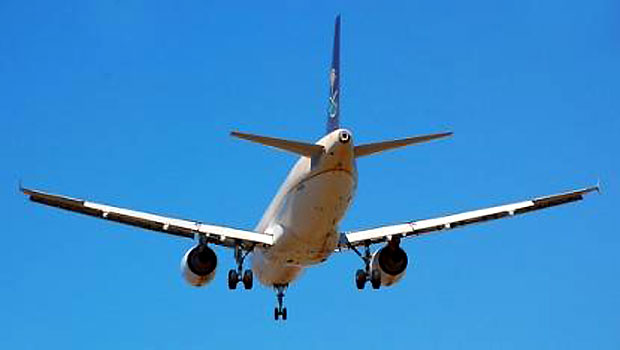There have been continuous talks for weeks among the Saudis about the status of non-Saudi laborers and employees in Saudi Arabia and the campaign launched to legalize their residence in the kingdom. Such discussions have almost prevailed over a different issue that has not received as much attention, though it has shifted into a topic that deserves scrutiny and careful examination of all its dimensions. The issue in question here is that of the Saudis in diaspora.
The Saudis have been traveling to different counties since ancient times. They traveled to the Levant and Egypt in a phenomenon called oqaylat—a series of long journeys mainly for the trade of livestock between the Najd people and the people of the Levant as well as Egypt. There was also the Al-Zubair phenomenon, a renowned district in Iraq to which a large number of Saudi families migrated and settled in gradually throughout long time periods in order to acquire knowledge and engage in trade. Travel and nomadic life was not limited to these districts alone, but extended to reach Europe, India, Australia, Africa and the Americas to the extent that it became common to see Saudi bankers, engineers, accountants, merchants, lawyers and physicians achieving striking successes across the world.
There are countries that already have what can be referred to as Saudi communities in diaspora, who have their own grocery stores, restaurants and markets, and have become targeted customers in these regions. There are also “points” of notably high Saudi density such as the Saudi community in Egypt, the largest ever with disparate figures ranging between 200,000 and 400,000. Kuwait, surprisingly, is also home to over 100,000 Saudis, and Dubai has a Saudi community of nearly 50,000—not to mention Indonesia, London, the US, Lebanon and Jordan also, where a sizable number of Saudis reside.
The Saudi diaspora has become a cultural and economic phenomenon, and every now and then I come to hear an important and astonishing story related to this that deserves recounting. The most recent of these stories is that of a Saudi man in his thirties from Mecca named Lafi Al-Maqati. Lafi was a junior footballer in Al-Wahda club until he suffered from a fatty tumor on his backbone and had to undergo a complex surgery, which was unsuccessful and resulted in hemiplegia. Lafi traveled to the Czech Republic for treatment at his own expense. He resumed his studies, mastered Arabic, Czech and English, married a Muslim Czech woman and started his own business. Through his business, he offered furnished apartments and car rentals to those seeking medical treatment in the country. He then decided to launch a specialized news website called Czech Republic Today in Arabic, where he extended bridges of confidence between the Czech and the Arabs. Receiving a hearty welcome by such a deeply-rooted European state, Lafi served as an honorable façade for the Saudi people and was exemplary to the hard-working Saudis.
In my capacity as an honorary consular of the Czech Republic in the Kingdom of Saudi Arabia, I always seek to promote cooperation between the two countries. I was amazed to have heard of Lafi’s story, and believe that it deserves to be made into a documentary film or a book for future generations instead of referring back to characters from the past.
There are many stories of notable successes of Saudis in diaspora, and Lafi’s story is one worth recounting.
